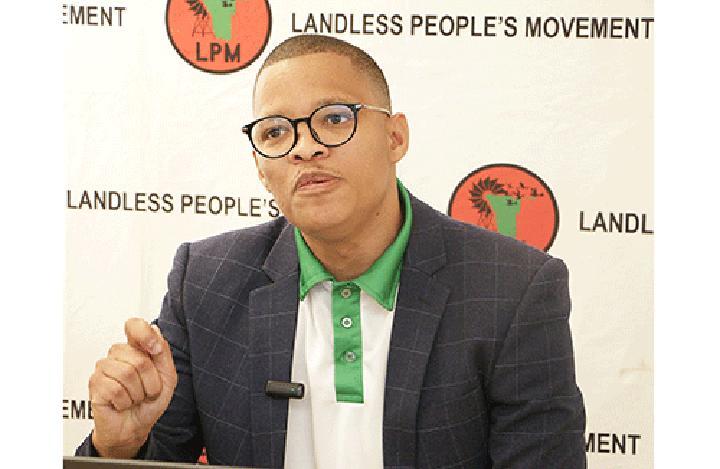Africa-Press – Namibia. Landless People’s Movement member of parliament Dawid Eigub says old water and electrical infrastructure is falling apart, resulting in big revenue losses for local authorities.
He said local authorities are stuck with aged infrastructure, such as worn-out pipes that are prone to frequent bursts and power lines, which are less operational due to low efficiency.
These often also require constant repairs and are underutilised.
After posing questions to the minister of urban and rural development, James Sankwasa, in the National Asembly last Thursday, Eigub later told New Era: “Solutions are needed to these problems rather than running around firing councillors.” Since taking office, Sankwasa has been instrumental in firing town councillors over accusations of corruption and non-compliance.
Eigub’s main point is that financial constraints continue to dog local authorities, hampering development and project implementation at grassroots level. “Local authorities continue to face significant challenges in revenue generation, largely due to the persistent and escalating debt levels of parastatals. This longstanding accumulation of debt, some of which spans several decades, inhibits local authorities from realising their full revenue potential for efficient service delivery,” he said. Popular Democratic Movement MP Winnie Moongo earlier this week also highlighted that many local and regional authorities in Namibia often struggle with legal challenges, including labour and employment disputes.
“Procurement and tender conflicts, contractual disagreements, land allocation and ownership matters, service delivery issues, and compliance with statutory or regulatory frameworks also cost councils,” she noted. Moongo added that legal costs divert funds from service delivery priorities such as housing, sanitation and infrastructure maintenance.
Eigub said the failure of local authorities to generate revenue from existing streams, as well as their inability to diversify revenue generation, further worsens the strain.
He also argued that telecommunication companies add to the problem.
“They do not pay local authorities for the use of the land where their infrastructure stands. The consequent rise in utility costs further exacerbates the situation, ultimately leading to a decline in the quality and efficiency of service delivery to residents within these jurisdictions,” he said.
He added that these companies use public municipal land meant for development or road reserves meant for road construction, but do not pay compensation for it. The Post and Telecommunications Act 19 of 1992 sides with the telecommunications companies, stating that they can erect telecommunication facilities on public land without the agreement of local authorities and without paying compensation.
Eigub however urged telecommunication companies to sign resource- and benefit-sharing agreements with local authorities, and agreements that meaningfully benefit the jurisdictions in which they operate.
For More News And Analysis About Namibia Follow Africa-Press






